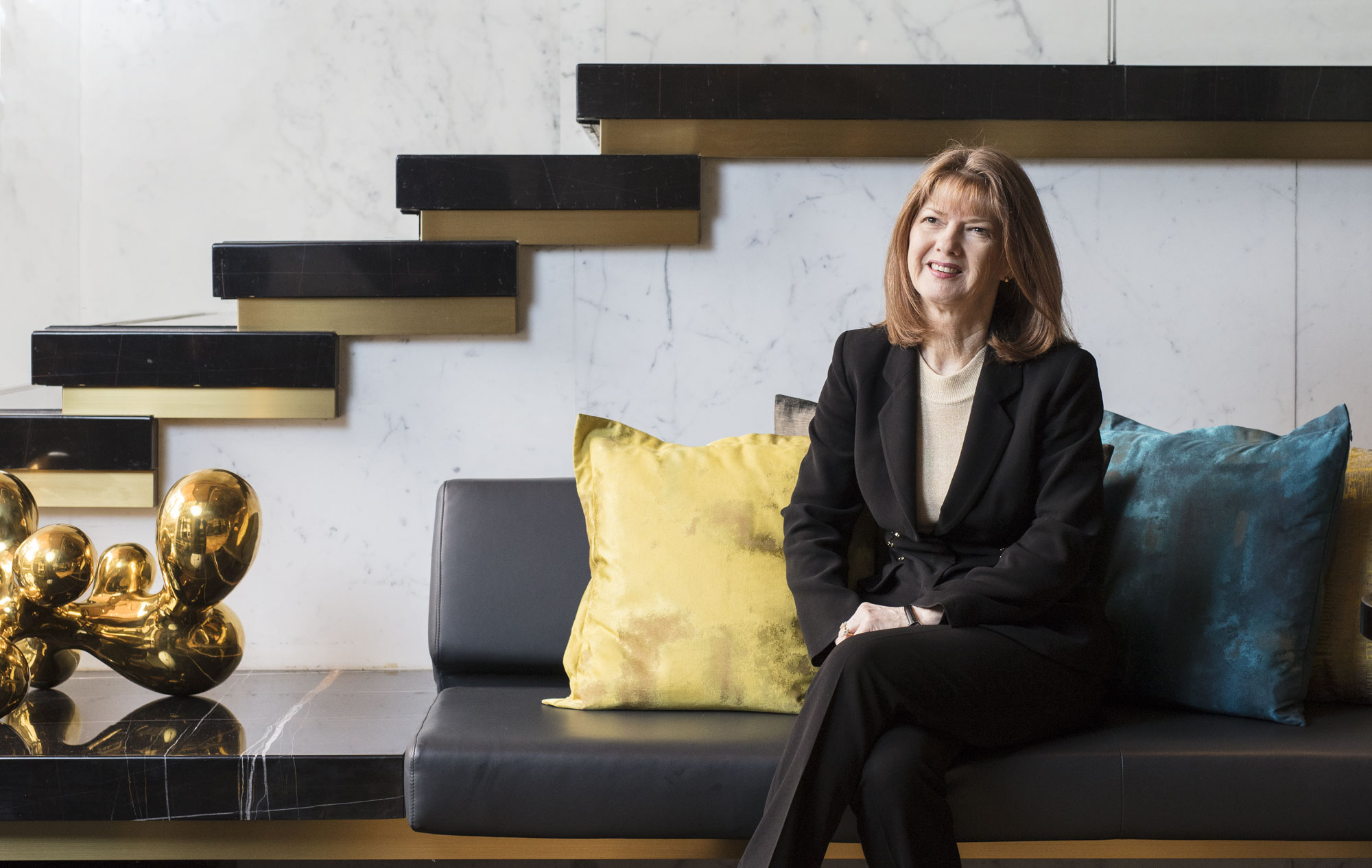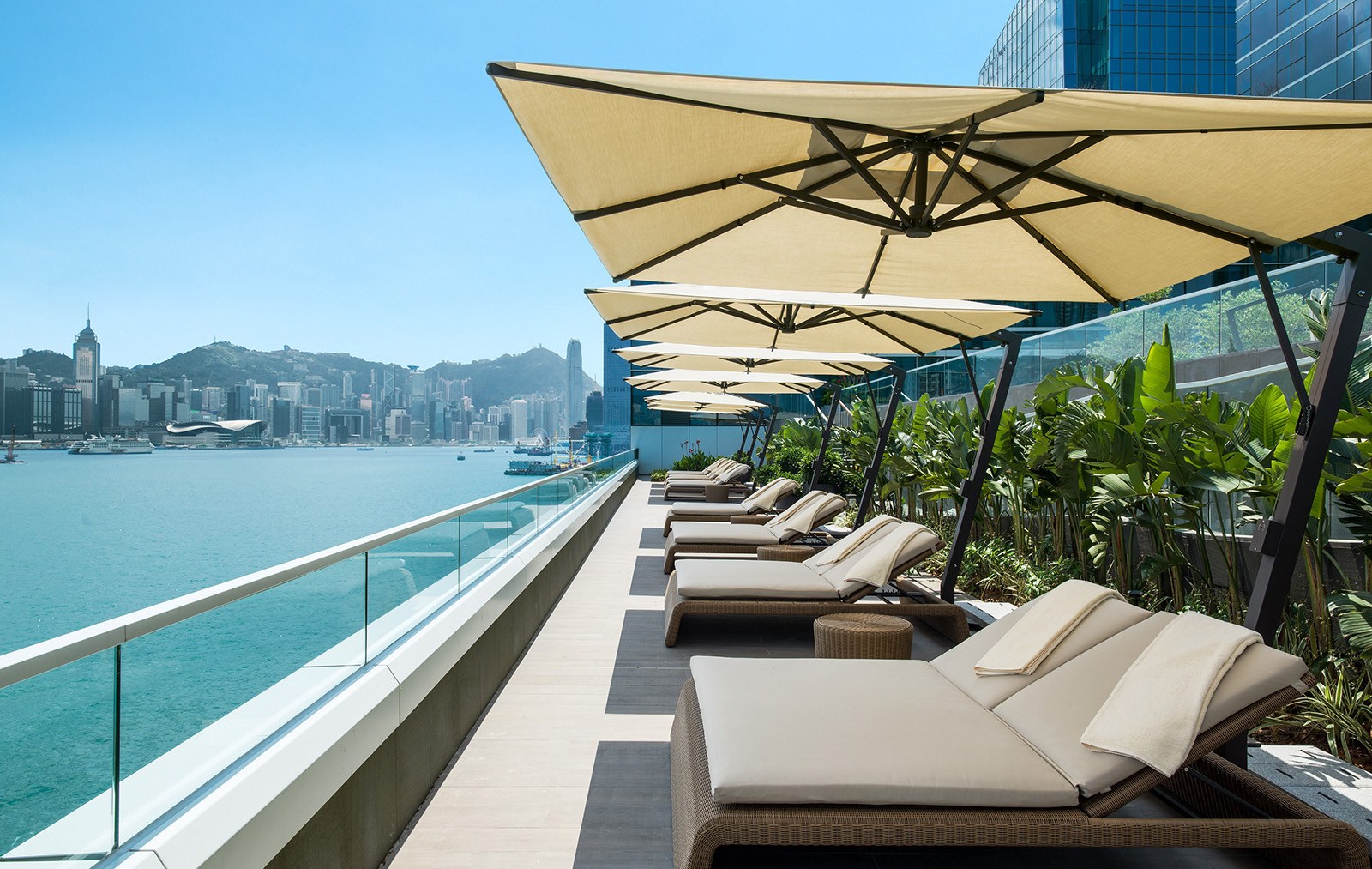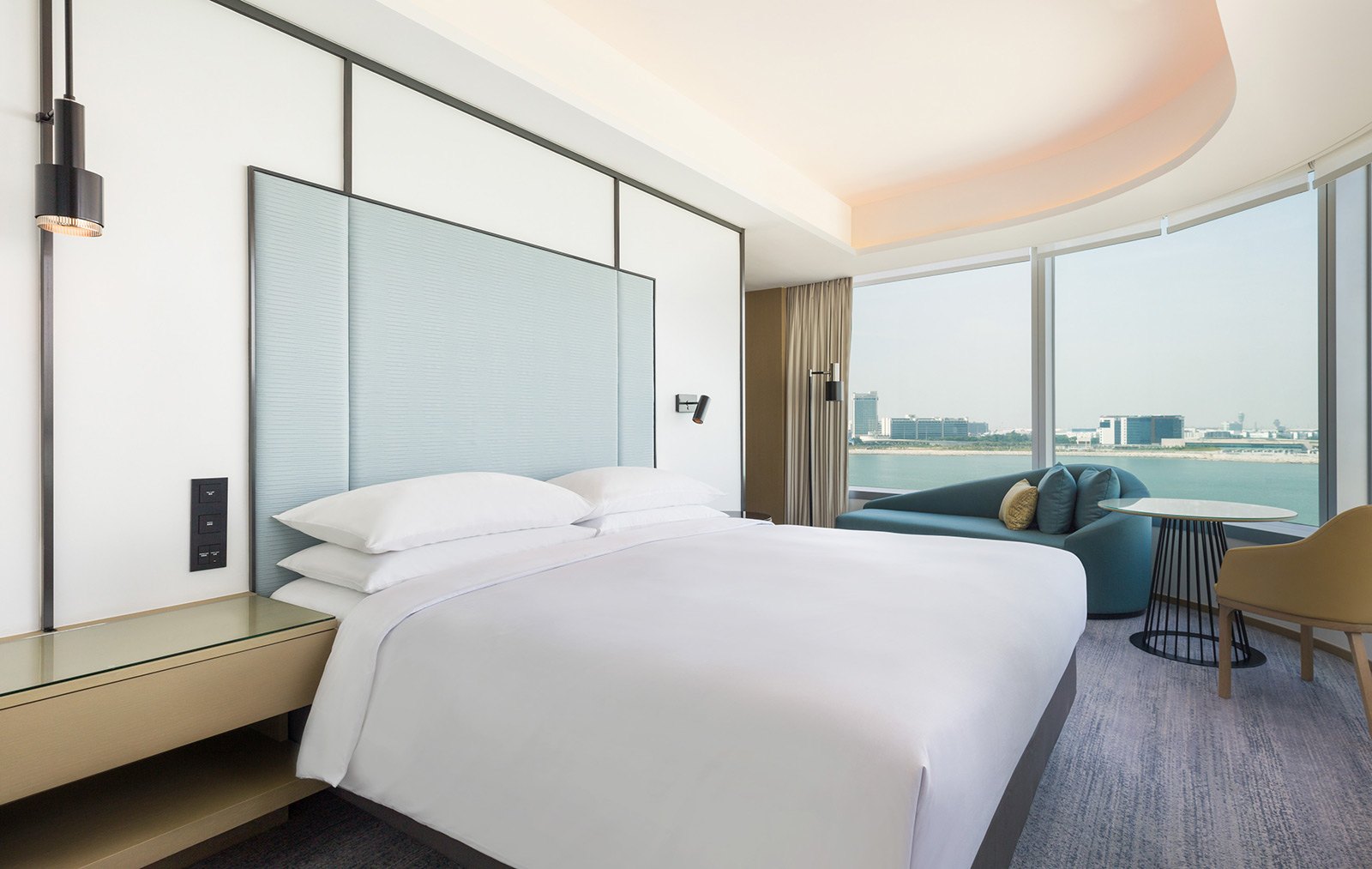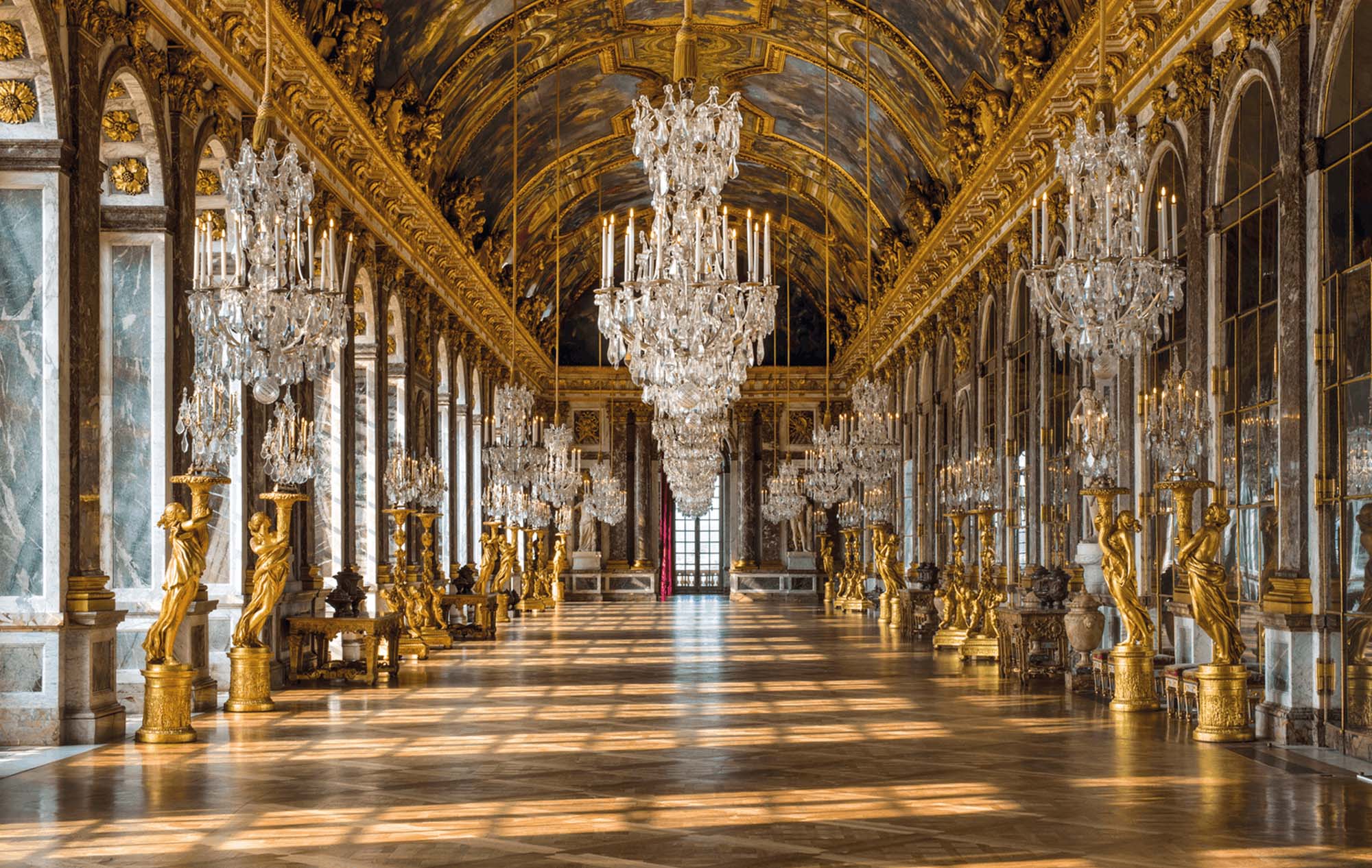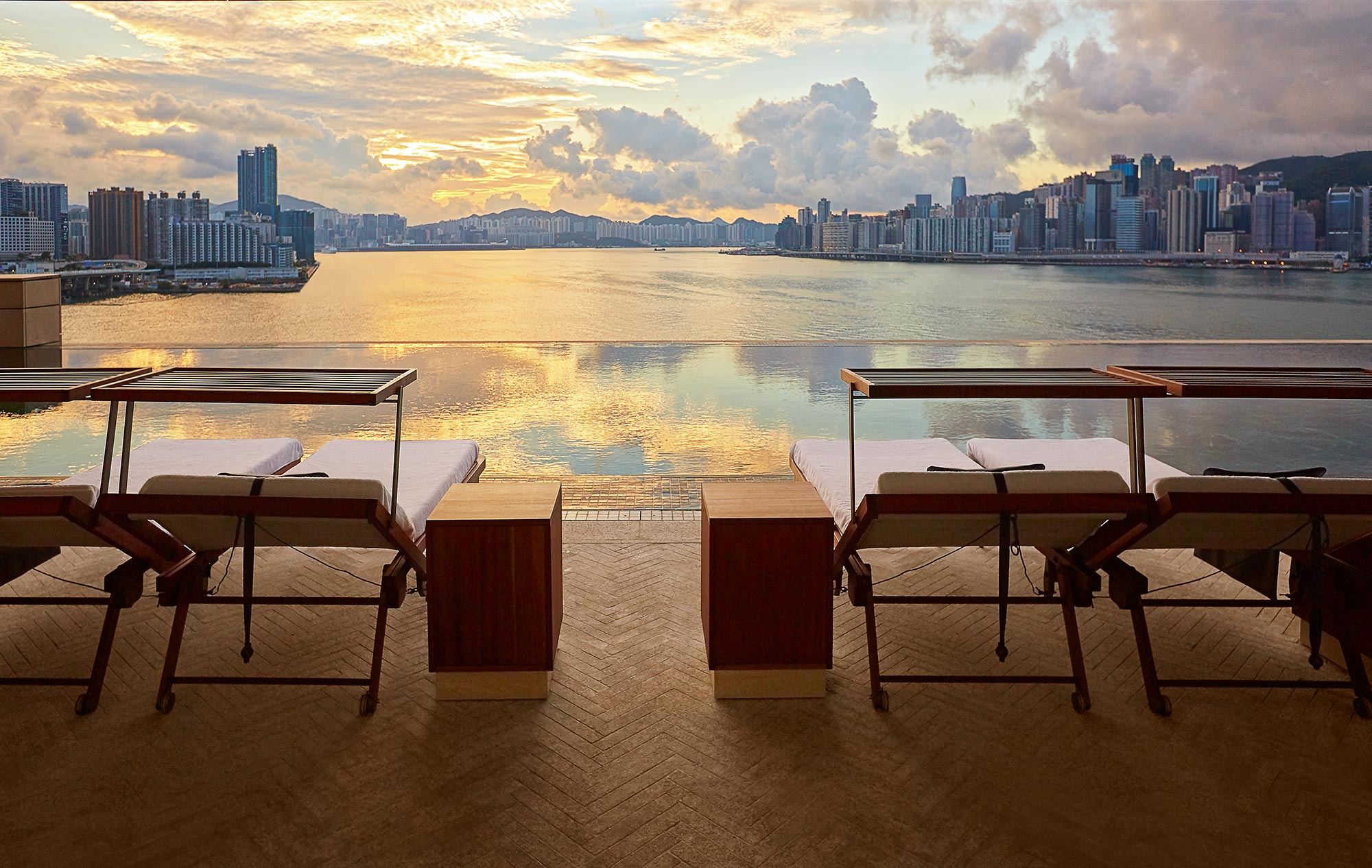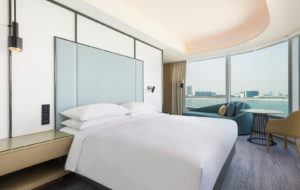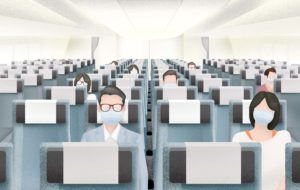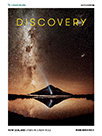Wharf Hotels launched last year, with Marco Polo and Niccolo under the umbrella. What was the thinking behind the rebrand?
When we launched Niccolo, we realised we needed an umbrella name that reflected the strength and longevity of our company. The two brands will function quite independently. Marco Polo is more for the business road warrior. With Niccolo, we’re trying to create something for the cosmopolitan global traveller, captains of industry and leaders of style who are in the world of art, fashion and luxury.
You opened your flagship hotel, The Murray, in January. What does it represent?
I think people are realising it’s quite different from classic luxury hotels – that it’s contemporary and has a residential feel about it. This is a Hong Kong born-and-bred brand, in a repurposed iconic building. This is where the spirit of Niccolo is, where the brand was developed, what our family business is built upon.
Niccolo first launched in Chengdu and Chongqing, and Suzhou and Changsha are coming. Why start in these cities?
Many first-tier cities are saturated already. We’ve always thought second-tier cities are where the real growth will come from, and that it would be good to test the brand in a city like Chengdu before entering a market like Hong Kong. We’re already talking to some other groups in gateway cities of Asia. But our aim is to be a strong brand in Asia-Pacific and not a huge global company.
How do you see the industry changing?
It’s an exciting time for the industry. So many people now can afford to travel and travel regularly, and people are better educated in travel. But it also means we have to be on our game. Once upon a time, hotels had all the bells and whistles you didn’t have at home. Today, people have these things, so our service has to be more specialised. I think that’s where we still have to create memories.
What’s the importance of corporate culture in running a hotel company?
I want to grow the people we have, but also attract the new-age hotelier. We have a programme called Red Ring Leadership, which helps our people think about what they can do positively. Hotels were once very hierarchical, but today we need to empower our people, to come up with new ideas, to show initiative. We want our people to be proud of where they work and to have fun, but also make a positive difference in their own world and the wider community.
What could other industries learn from hospitality?
For me, a lot of transactional service industries could use hotel-style service. It’s not often that you go into a store or bank and say you were greeted, looked after, and thought that was great service. Just eye contact and a smile – it’s not expensive or difficult, but it can be so important.



